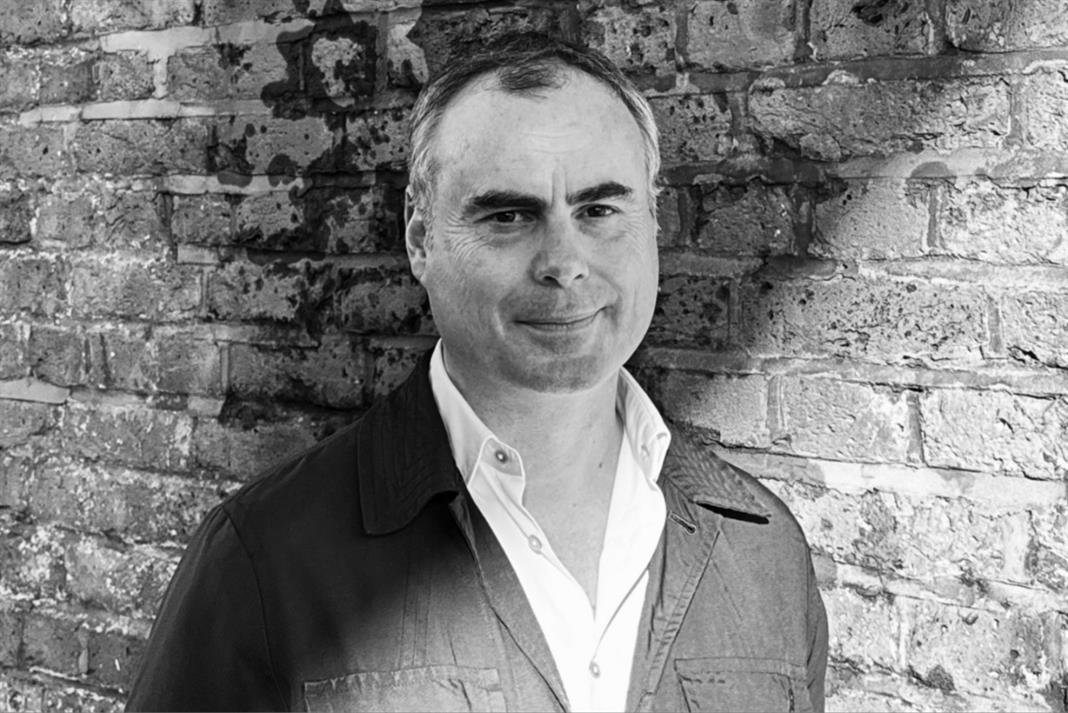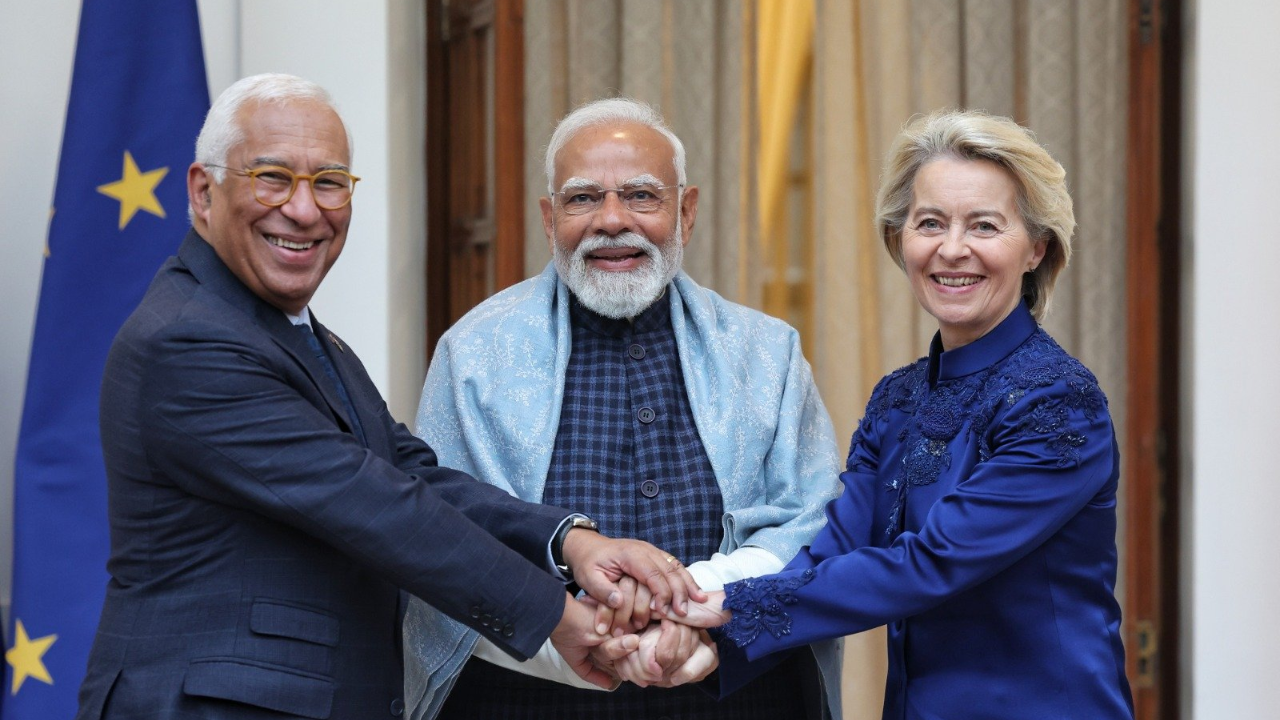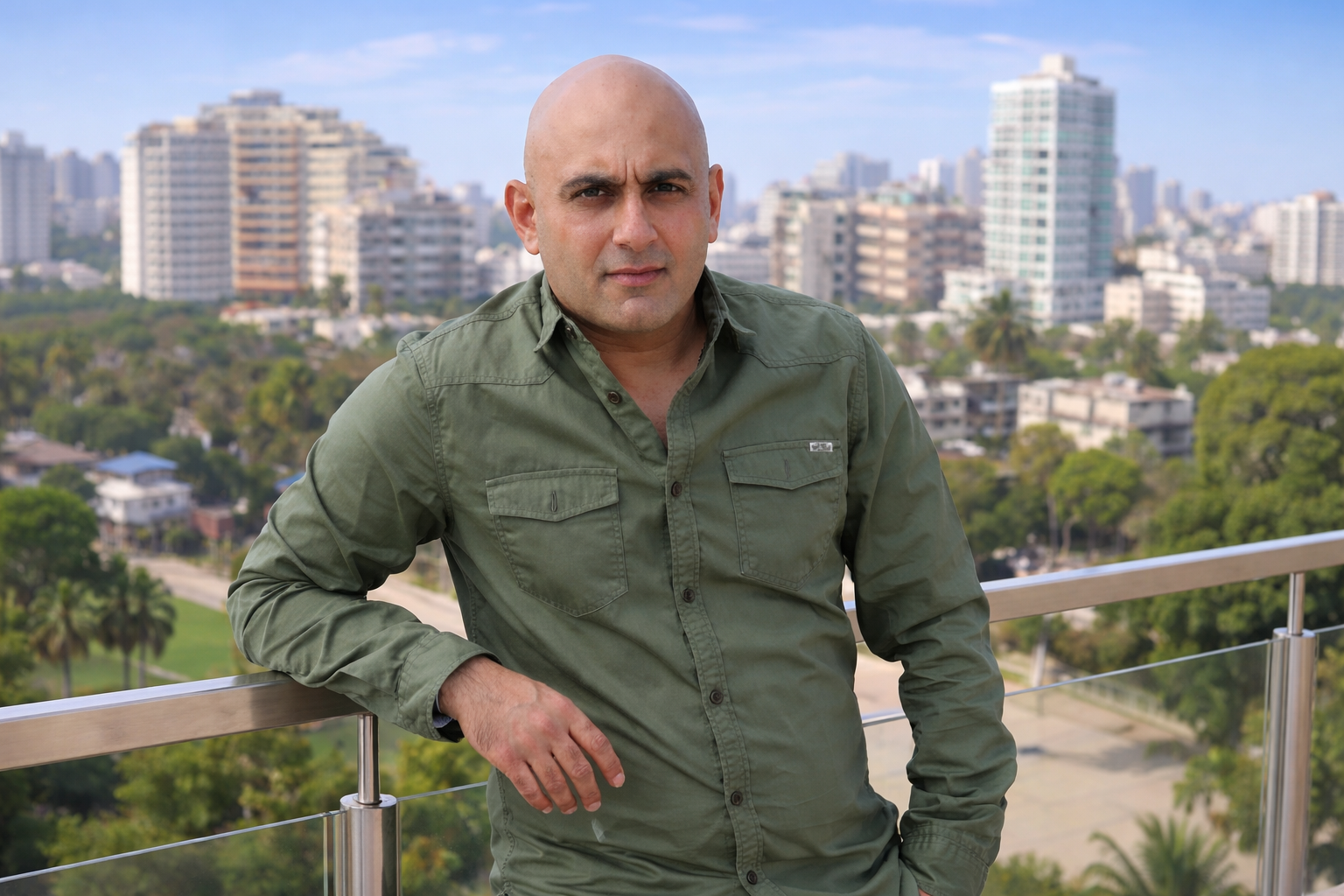In July 2013, Edelman rebranded its digital offering under the Edelman Digital umbrella globally. In India, the rebranded unit got a new head with the appointment of Max Hegerman as managing director – India.
In conversation with Campaign India, Gavin Coombes, president – Asia Pacific, Middle East and Africa, and Hegerman, outlinedIndia plans, importance of identifying relevant platforms and need to go beyond social media when it comes to digital. Edited excerpts:
With the adoption of ‘Edelman Digital’ branding globally, has there been a strategic shift in the internal structure of the agency?
Gavin Coombes (GC): The art of creating paid, owned and earned media when used in a combination, requires a different skill set. And, public relations is generally, and quite rightly, organised around the cumulative knowledge – you have a corporate,technology, financial and healthcare practices. And, those are run by people who have very intimate knowledge about thoseindustries. Digital is more agnostic in nature. It is much more balanced. It takes a more agnostic approach to your problem and breaks it down alongside research, strategy and creative. So, the talent that you pull into digital tends to be much more specialised (in digital) than the industry it focuses on. Edelman Digital will be recognition of that. The talent that we want to pull in is not going to be specialist in healthcare or finance, but specialist in search or social media or user experience. We wanted to recognise that the talent is different, and we also wanted to recognise that it is one family and one DNA, but it operates in a different realm.
In an interview with Campaign India earlier this year, it was mentioned that Edelman had 15 dedicated resources for digital. What kind of growth have you seen post that, in India?
Max Hegerman (MH): There has been a refining of our skill set and focusing more on pure-play social listening and SEO/SEM, thus kind of creating that environment where digital can play in, within the PR practice. So, there has been a small change in where we are. We are building the teams in Mumbai and Delhi, and have been associating with partners who are not necessarily part of the organisation but an integral part of my team. So, we are about 20 people within Edelman Digital, and we have a partner that has really helped us get our foot in the door with some interesting opportunities within social media.
Won’t the ‘largest social media agency’ tag be a negative for Edelman, when marketers are looking at appointing a single agency for handling their digital requirements?
GC: That is part of the reason we have been making changes. One of the reasons for hiring Max (Hegerman) is his experience in handling owned media, and my own digital experience is in earned media. When I first started doing digital in 2000, there was no social media. There is a history in marketing services. Anytime there is a new technology, everybody just follows it. That’s been the case with social. People are now starting to recognise that you cannot really force social away from search.
It is not as if clients want bundled solutions for digital services; they want to bundle search and PR, as these are real-time communications.
We don’t want to walk away from social but we want to introduce some changes. There are two things that would set apart somebody who has done earned media from somebody who has done only social. One is the research and analytics – the planning side. When you are doing enterprise level work like a 500-page website, you have to do rigorous research and planning, and ensure clear user experiences. Secondly, it is the design. It is absolutely the most important skill set for a digital agency: the ability to conceptualise and execute it. Just a pure social media agency is increasingly of limited use. The ability to think in paid, earned and owned terms and also bundle the real-time services for a pro-active and reactive team structure is the space that we want to be talking about.
Lines are blurring between paid, earned and owned media, and lot of agencies are still trying to enhance their digital offerings. Is Edelman looking at associating with other independent agencies to handle their digital practice?
GC: I would rule it out. One of the things that even we sometimes forget is that we are an independent agency. The holding companies have their own way of working and dynamics. Edelman, as a mainstream brand, also has to be a mainstream digital practice. So, we do need to occupy a certain territory. However, in countries like India, if there are certain practices that need to be handled by a specialist like gamification, we could associate with someone.
Isn’t the mushrooming of ‘social media specialists’ a threat for offerings from larger agencies like yours, especially from a revenue point of view?
GC: Companies like Unilever, the second biggest advertiser in the world, are shifting a huge chunk of spends to digital – and that is a large chunk. There will always be a lot of territory to be explored. Secondly, what I have observed in the Australian market is that over a 24 to 36-month period, there was a big flourishment of UX agencies. We found that they did a good job of educating the market, and suddenly clients found it useful. But, clients wanted it as part of the overall digital offering.
So, do you see a scope for acquisitions by larger agencies in such a market?
GC: It is possible. I think only the lucky ones will get acquired. Some of them may find that only the talent gets acquired. That’s just the nature of the marketplace. There are some agency brands which have done well, and they will continue to do well. Any start-up agency is like going through turbulence, and once they find clear air they will set sail.
MH: In India, at the moment, this mushrooming of social media agencies is really a reflection of the mindset that we are still in. Having been here for five years now, I have kind of seen that transition of digital, and we are for the moment stuck in that social media space. That’s what is relevant to clients and consumers in terms of engagement. The objective is to work with them or move beyond that and to get clients to think about how we can create some interesting tools or platforms that will take us out of the pure play Facebook and Twitter adaptation kind of situation.
Branded content has been the new buzz word in the digital space...
MH: That’s the next thing we will be moving into. It is now about content. You will be seeing that a lot of the smaller agencies that are popping up are content-driven. They are all about creativity, and not necessarily about daily engagement. It is about how onecan create a big idea. How can you create an interesting film, and either sell it independently or work with brands to push it. It is still within social media, but the focus is on content. From Edelman’s point of view, PR is all about distribution of content. So, I think from a digital perspective, you really cannot separate the two.
Most brands are creating communities as part of their social media strategy. Won’t the influx of so many communities create clutter for the already small attention span of the consumer?
GC: It will. It is a part of the evolutionary process. One of the big jobs that I had to do early in my digital career was for Intel, where I had a project to collapse 88 websites into one. That’s how their owned media properties got out of control.
It is natural that you see an explosion and then contraction of such communities. That’s when the idea of social movements comes in. Dove’s campaign Real Beauty, showed a brand that actually contributed to society by way of architecting debates. That’s where the next level of communication has to go to. Don’t create a community for the sake of it. One of the things that we try and tell is, ‘Don’t try and fill every screen just because it is there’. Today, if you are a brand like Intel or Microsoft, social media is very important because you need that direct customer interface. It is a job of the agency to say, ‘Let’s take a step back to define very clearly what is the brand’s digital role and social media role, and focus only on the screens that actually matter’. Unfortunately, that is not happening with all agencies.
How important are paid media capabilities for a digital-led PR agency like Edelman? How is it impacting your bottom line?
GC: It is early days for us. We are seeing very good results in the US. Paid media is purely a factor of necessity. When you think about 300 million photos being uploaded to Facebook, then your content gets buried under if you don’t use paid media. It is an absolute part of the mix, and even the best content needs a push to get through. Our strategy has been less about thinking paid media strategy in isolation and more about using our range of performance tools across search, social and paid, and making sure that the content that we think is most critical to telling our brand’s story gets pushed. We are seeing great results from the facts that certain clients, especially when they are in crisis situation, want PR, social, search and paid as one unit. It is not about Edelman having a paid media division, but it is about creating that skill set in the existing unit so that you are providing the best reactive and proactive practices.
Reputation management has been termed as one of the biggest challenges in the digital space. How have Indian brands woken up to the challenge? Do you see a lot more Indian brands getting active on the digital space due to this?
MH: It is the low hanging fruit. Not just as part of a PR set up, but even when you are talking as pure play digital agencies, clients want to understand what their baseline awareness is. With certain measurement tools, you can get sentiment levels. I think that’s a good place to start when you are having such conversations with clients about entering social media.
GC: I am from New Zealand. The biggest company in my homeland, Terra, is going through a rough patch to put it mildly. I would argue that one of the reasons is that their overall response has been not quite optimum. One reason is that I don’t think they made any investments in building social constituencies ahead of when something went wrong. You can’t just switch on social media when a crisis happens or your reputation is at risk. The constituency has to be there.
With Edelman training its focus on emerging markets like India, what are the immediate milestones for Edelman Digital in India?
GC: We are quite lucky that we have attracted quite great talent on board at Edelman Digital. We have got people who have asubstantial advertising background. When Richard Edelman was interviewing me for this job, he said, ‘I don’t think about quarterly performance. Think about what is the legacy that you will be leaving behind’. What I have said to everybody is that we need to focus on quality first. If you pitch well, and if you are securing good top line growth, you don’t have to worry about anything else. Talent is attracted to quality and clients will follow. Make sure that we are doing big, meaningful things and not just leaping on to platforms for the sake of jumping on to them.
We are a very big organisation, even in India with over 300 people. We are looking at digital to open up a completely new area of activity. To make the brand stronger and to do what has not been done.




